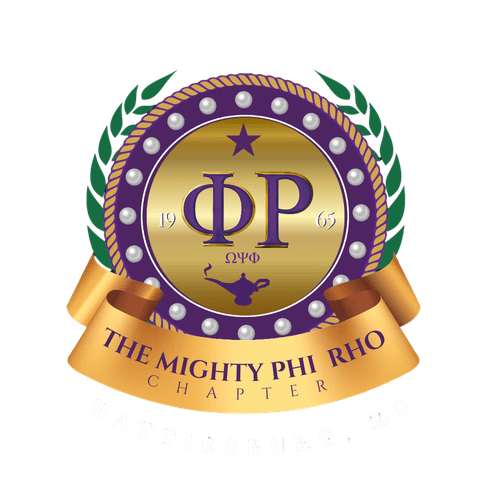Omega Psi Phi Fraternity, Inc. is the first international fraternal organization founded on the campus of a historically black college.
On the evening of November 17, 1911, Omega Psi Phi was founded inside the Science Building (later renamed Thirkield Hall) at Howard University located in Washington, D.C. The founders were three undergraduates — Edgar Amos Love, Oscar James Cooper and Frank Coleman. Joining them was their faculty adviser, Ernest Everett Just.
